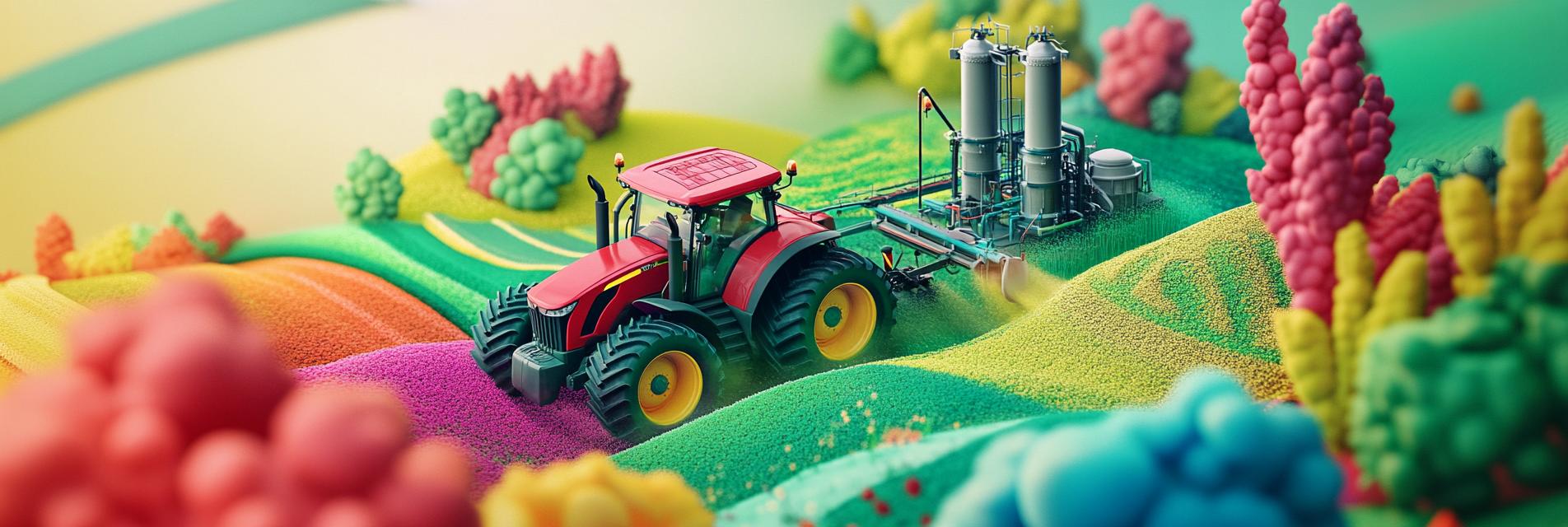In recent years, technology has emerged as a cornerstone of innovation in various industries, with agriculture being no exception. The rapid evolution of fertilizer applications driven by technological advancements is reshaping how farmers approach crop production. This article explores the significant changes in fertilizer practices, focusing on innovation, efficiency, and sustainability.
The integration of technology into agriculture has led to groundbreaking innovations in fertilizer application. Precision agriculture, for instance, utilizes sophisticated sensors and data analysis to optimize fertilizer usage, ensuring that crops receive the nutrients they need without excess waste. This method not only promotes healthier growth but also helps in mitigating environmental impact and reducing costs for farmers.

One of the significant innovations is the development of smart fertilizers that release nutrients based on specific environmental conditions. These fertilizers can respond to soil moisture and temperature, ensuring that plants receive the necessary nutrients exactly when they need them. This adaptability enhances crop yields while minimizing nutrient runoff into waterways, promoting a more sustainable agricultural ecosystem.
With the growing global population and the increasing demand for food, enhancing agricultural productivity is a necessity. Technological advancements in fertilizer applications provide farmers with the tools to achieve higher yields per acre. By utilizing data-driven decision-making processes, farmers can tailor their fertilizer strategies to maximize output while maintaining soil health.
Sustainability is at the forefront of modern agricultural practices. Innovations in fertilizer applications not only aim for higher productivity but also emphasize environmental stewardship. By adopting precision application techniques and utilizing smart fertilizers, farmers are making strides toward sustainable practices that respect ecological balance and reduce the carbon footprint of their activities.
In conclusion, the intersection of technology and agriculture is leading to revolutionary changes in fertilizer applications. These innovations enhance agricultural productivity, promote sustainable practices, and pave the way for a more resilient future in farming. As technology continues to evolve, the agricultural industry will further adapt, ensuring food security in a changing world.

